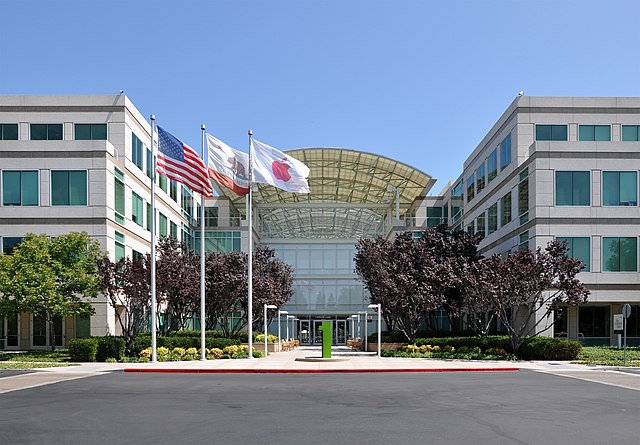Apple (AAPL) has requested a U.S. judge to dismiss a federal and state antitrust lawsuit accusing it of monopolizing the smartphone market. The lawsuit, filed by the Justice Department along with 19 states and Washington, D.C., claims that Apple maintains an illegal monopoly by imposing restrictive contracts and withholding crucial technology access from developers. Apple's defense argues that its limitations on third-party developers are reasonable and necessary to maintain innovation and product quality.
In its motion filed in federal court in Newark, New Jersey, Apple stated that endorsing the plaintiff's theory would require courts to oversee product design and policy decisions in rapidly evolving technical markets. The lawsuit targets Apple's restrictions and fees on app developers and the technical barriers that prevent interoperability with third-party devices and services. The Justice Department contends that these practices lock users into Apple's ecosystem, stifling competition and harming consumers.
Market Overview:- Apple seeks dismissal of antitrust lawsuit.
- Justice Department and states accuse Apple of illegal monopoly.
- Apple defends its practices as necessary for innovation.
- Apple argues against court intervention in product design.
- Case highlights tension between innovation and competition.
- Pending decision from U.S. District Judge Julien Neals.
- Outcome could impact regulatory approach to Big Tech.
- Other major tech companies facing similar antitrust lawsuits.
- Implications for app developers and third-party device makers.
The lawsuit against Apple is part of a broader wave of antitrust actions targeting major tech companies, including Meta Platforms (META), Amazon (AMZN), and Alphabet’s Google (GOOG), which face similar accusations of monopolistic practices. Apple maintains that there is no evidence its practices harm competition or consumers, who can switch to competing products if dissatisfied with iPhone features. U.S. District Judge Julien Neals will review responses from both sides before making a decision later this year, potentially setting a significant precedent for the tech industry.





